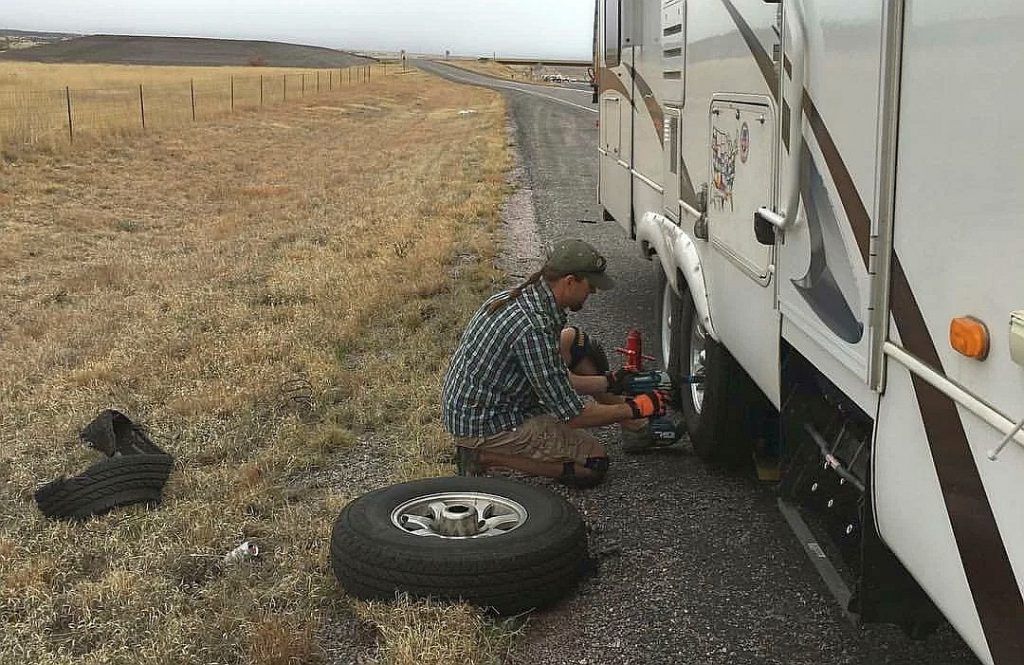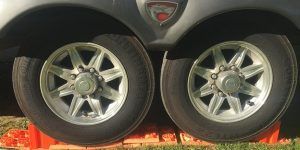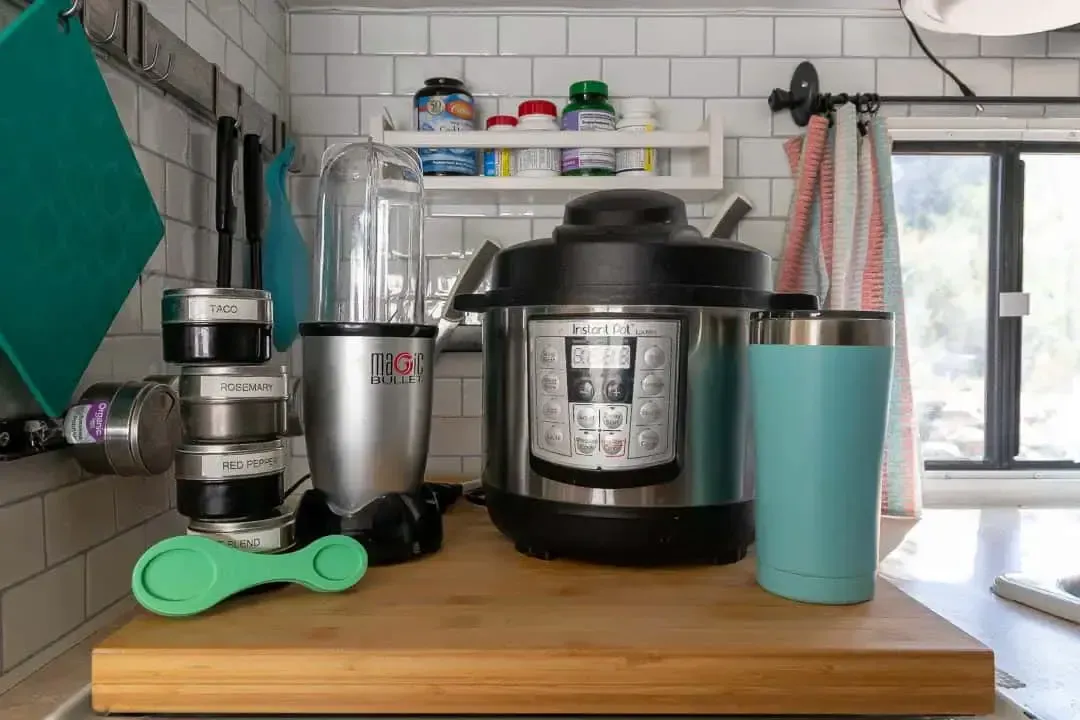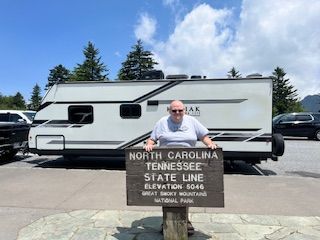What Are The Best Tires for your Trailer?
Doug S • May 1, 2025
Oh man, there are few questions that illicit stronger feelings than “what are the best tires for my camper?” The most resounding thing that you’ll read is “ avoid China bombs “, “ anything but cheap Chinese junk “, “ all ST tires are junk “, “ LT tires aren’t suitable for trailers “, and on and on. If you ask a dozen RVers what they think is the best tire for a travel trailer or fifth wheel camper, you’ll get at least as many responses.
So, how do you wade through the wealth of (often times-contradicting) information?
First, let me start off with- I’m not an expert. I don’t have an engineering background. All of my information in personal experience and anecdotal from reading online forums and talking to friends and fellow RVers. Anything I write, you will find one or more exceptions to it. If I say I’ve had/read of issues with XYZ tire, you’ll find someone else who has never had issues; if I say I’ve had/read of issues with ABC tire, you’ll find someone who had 3 blowouts on them. For an expert, read Roger Marble’s RV Tire Safety blog.
Caveats out of the way…

So called China Bombs
I’m not a believer that all Chinese tires are junk, though some/many are. First, the “China bomb” thing- IMO, this is more of an issue with offbrand tires being used in situations where they’re maxed out. They are the weakest link, goodbye.
LT tires, good or evil?
Second, I’m personally not educated enough to recommend LT tires, though those who do are often huge proponents of them. I can say with certainty that some higher end units come with them from the factory. If those manufacxturers are willing to hang their name on a LT tire, there must be some truth to it. Note, every tire is going to have horror stories and I do have one friend (pictured above) who went through 2 or 3 LT tires. He’s meticulous about preventative maintenance and takes care of his rig. But, I won’t paint LT tires with a broad stroke.
My issues with LT tires come from my personal experience… most of the time, a LT tire has a lower carrying capacity than an equivalently sized ST tire. Whenever you replace tires, you should always maintain or increase the amount of carrying capacity. To fit a LT tire, you must increase a size or load range. If you explore this route, make sure you have space between the tires and above the tire (between it and frame). Personally, I had such tight spacing between my two tires that I couldn’t afford any increase in outer diameter of my tires. Also, buy a name brand that has a warranty.
Are ST tires junk?
And finally: no, not all ST tires are junk. There are quality brands and tires. They can be good, so long as they’re within their ratings and aren’t maxed out. Find a brand that offers a warranty and you can find in real live trailer stores.
Carrying Capacity
When possible, see if you can increase the load range of what came on your camper. More times than not, the tires from the factory barely have enough carrying capacity to cover the axles’ weight ratings. Personally, I think this is the biggest issue – OEM tires are or are nearly maxed out. Cheap tires, rough roads, and maxed out tires are a recipe for blowouts and problems.
Good golly, just tell me what tires you recommend!
When it came time for me to replace my tires both times, I looked around quite a bit to find the tires with the best reviews. Overtime, I’ve found that it really comes down to the weight of the camper:
- For under about 12,000 lbs , look at either Goodyear Marathons or Maxxis m8008 tires. The issues I was reading with Goodyear Marathons came for trailers that were over ~12,000 lbs. Maxxis m8008 tires had the most good reviews and fewest bad reviews.
- Up to about 14,000 lbs , look at the Maxxis m8008. Again, try to increase a load range when possible.
-
Over 15,000 lbs and you’re outside of ST tire territory. Personally, I suggest you either look at Goodyear G614 or Sailun S637 or go nutty and switch up to 17.5″ rims + commercial trailer tires ( I did this last one ).
- With the Goodyear tire , you’re buying a quality tire and has a brand name to go with it. But, that name has a premium. It does not come in a common 16″ tire size (they come in 235/85R16 but most 16″ OEM sizes are 235/80R16).
- With the Sailun , it’s easily $100/tire less than the Goodyear. I also like that it comes in the common 235/80R16 tire size. I probably should know what 80 vs 85 means, but I don’t and I like that it’s an exact match. While it’s not a major name brand and usually is made in China, these tires have gotten excellent reviews and I’ve yet to read anything negative about them.
- The 17.5″ and commercial trailer tire upgrade is overkill unless you’re fulltiming in your RV and are running heavy.
There are other tires that a lot of people have had success with. The above is just what I’ve been following with online forums and Facebook groups. Check reviews, make a decision, watch your weights , and monitor your tires with a TPMS.












